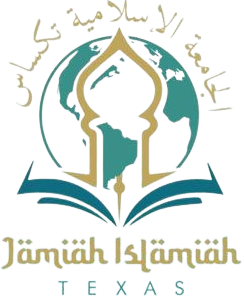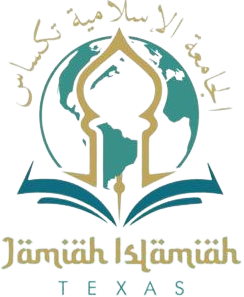Welcome To Jamiah Islamiah

” Do you ˹believers˺ think that you will be left without Allah proving who among you ˹truly˺ struggles ˹in His cause˺ and never takes trusted allies other than Allah, His Messenger, or the believers? And Allah is All-Aware of what you do. It is not for the polytheists to maintain the mosques of Allah while they openly profess disbelief. Their deeds are void, and they will be in the Fire forever. It only becomes those who believe in Allah and the Last Day and establish Prayer and pay Zakah and fear none but Allah to visit and tend the mosques of Allah. ”
(sūrat al-tawbah no 9: 16,17,18)
Pillars Of Islam
The Five Pillars of Islam are the fundamental acts of worship and practice that are central to the lives of Muslims. They serve as the framework for spiritual discipline, moral conduct, and community cohesion. Each pillar represents a significant aspect of a Muslim’s faith and practice.
The Shahada is the declaration of faith, affirming the oneness of God (Allah) and the prophethood of Muhammad. It is the fundamental creed of Islam, and its recitation is the entry requirement into the Muslim community.
(There is no god but Allah, and Muhammad Sallallahu Alaihi Wasallam is the messenger of Allah).
Zakat is the obligatory giving of a portion of one’s wealth to those in need. It is considered a form of purification and an expression of solidarity with the less fortunate. Zakat is typically calculated as 2.5% of one’s savings and wealth above a certain threshold (nisab) and is distributed to categories specified in Islamic law, such as the poor, needy, debtors, and travelers.
Hajj is the pilgrimage to the holy city of Mecca in Saudi Arabia, which every adult Muslim who is physically and financially able is required to undertake at least once in their lifetime. It occurs annually during the Islamic month of Dhu al-Hijjah. The rituals of Hajj, which include circling the Kaaba, walking between the hills of Safa and Marwa, and standing in vigil on the plains of Arafat, commemorate the actions of the Prophet Ibrahim (Abraham) and his family and symbolize the unity of the Muslim ummah (community).
Salah is the ritual prayer performed five times a day at specific times: Fajr (dawn), Dhuhr (noon), Asr (afternoon), Maghrib (evening), and Isha (night). Muslims face the Kaaba in Mecca while performing Salah, and the prayers consist of prescribed physical movements, recitations from the Quran, and supplications. Prayer serves as a direct means of communication between the worshipper and Allah, fostering spiritual connection and discipline.
Sawm refers to fasting during the Islamic month of Ramadan, the ninth month of the Islamic lunar calendar. During Ramadan, Muslims abstain from food, drink, smoking, and marital relations from dawn (Fajr) until sunset (Maghrib). Fasting in Ramadan is not only a physical act but also a spiritual one, promoting self-discipline, empathy for the less fortunate, and increased devotion to worship










